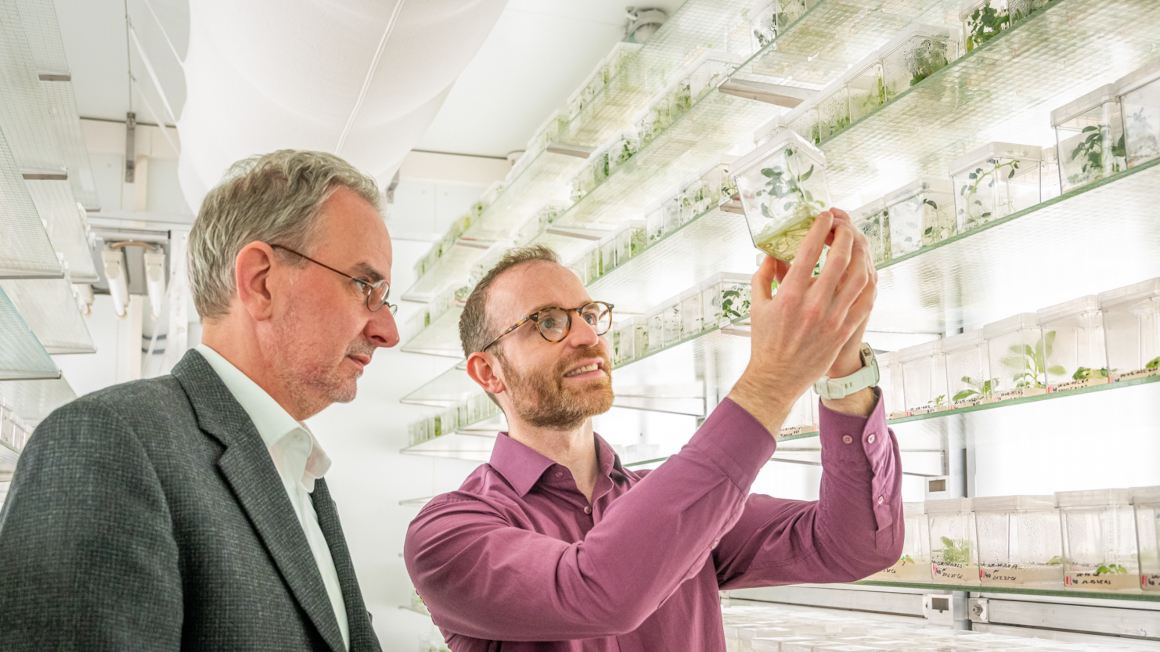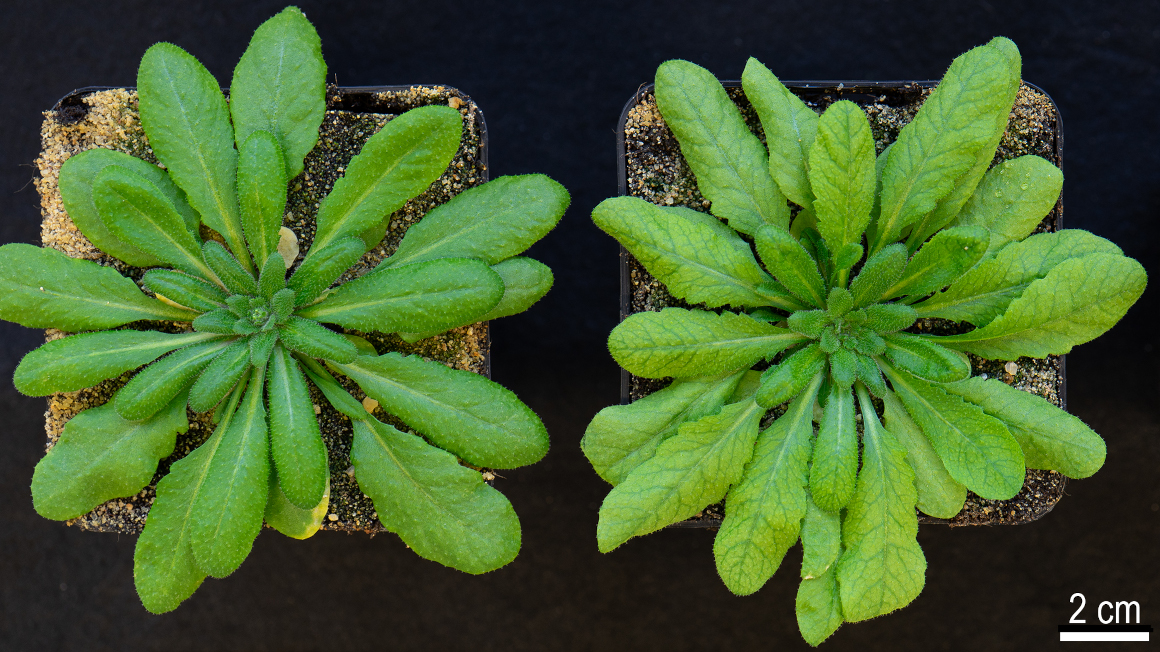Millions in funding for plant genome
With funding totalling 11 million euros from the British innovation agency ARIA, the Potsdam MPI of Molecular Plant Physiology is launching the SyncSol project: a universal plant genome is to make crops more efficient, climate-resilient and pharmaceutically usable.

The process of breeding new plants is expensive and requires a lot of time and resources - because the genomes have to be carefully adapted for each individual species. This limits genetic improvements. The SyncSol research project at the Max Planck Institute of Molecular Plant Physiology (MPI MP) aims to develop a universal chloroplast genome that will increase efficiency and diversity in plant breeding. It has now received £9.1 million (approx. 11 million euros) in funding from the Advanced Research and Invention Agency (ARIA).
Numerous applications
The universal genome should be functional in all plants of the nightshade family (such as tomatoes, potatoes, peppers, aubergines and tobacco). In addition, the team intends to expand the genome to include a useful trait, such as improved photosynthesis or adaptation to unfavourable environmental conditions. ‘If we can optimise crops quickly and in a targeted manner, there are numerous applications,’ explains project leader Daniel Dunkelmann: ’Plants could produce pharmaceuticals, biofuels or sustainable materials in the future. Our crops could be adapted to the challenges of the climate crisis and species extinction - and at the necessary speed.’
Research team convinced of the significance of the project
The funding will enable the research team to work closely with British and American partners as well as two start-ups on novel crops. Dunkelmann is convinced that, if successful, the project will have a major impact on future plant research: ‘The opportunities that this ambitious research project could offer us are immense. The funding from ARIA gives us the chance to achieve a breakthrough.’
lh


